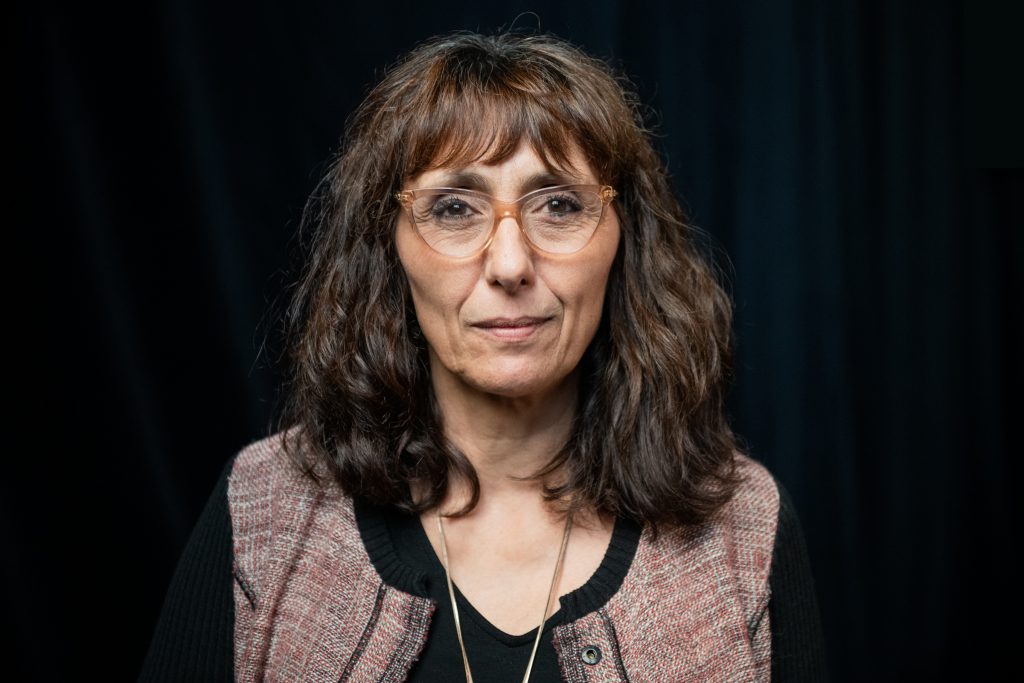The immense challenge of recovery in the arts sector
Late August 2020. On the heels of my homeward journey, my mandatory quarantine was a time of joy and serenity. After four months of solitude shared with my cats, in mental and temporal spaces saturated with work and stress, I returned to my roots and recovered my strength. Out of this salutary withdrawal, I emerged with a renewed conviction that we will not successfully overcome the current crisis if we don’t move to radically transform the way we act, think and do things in certain areas. “We” can be understood to mean society as a whole, but in this case, it applies to the arts community, including actors in government.
Current situation
Let’s be clear: The resumption of activities may bode well for the prospects of recovery, but it will take years to truly recover from the crisis that has beset us. While additional public funds may help minimize the fallout by keeping the structure of the arts ecosystem afloat, the dysfunctions and inequities in that ecosystem have been laid bare. How can we remain indifferent, when inaction serves to perpetuate those disruptions and inequities?
Our ministers and funding agencies can no longer turn a blind eye to the critical shortage of means needed to revitalize this intrinsically precarious sector, no more than they can ignore the disastrous consequences of the all-but total absence of a social safety net for artists and cultural workers. It is no longer possible to overlook the financing disparities between the different artistic disciplines and the related impacts of that reality on their respective ecosystems. Nor is it possible for established structures, even those in difficulty, to deny their privilege compared to so many organizations and independent artists who, devoid of financial stability, find themselves subject to an evermore fierce competition for financial resources.
In addition to the impacts of sanitary measures on the artistic creation and on public access to the arts, the urgency is not only financial, but structural as well. Issues of equity, inclusion, the quality of professional relations, and environmental protection remain absolute priorities. In terms of ethics, we must develop a shared set of codes to ensure that we do the least harm possible to our planet, our artistic activities, and the physical and psychological health of our essential workers and all those who’ve been made to bear the brunt of the mental and professional burden resulting from the crisis.
Changing the way we see the arts
Of course, the confinement phase did have positive effects. It gave us time to re-examine our lives and invent new ways of working, creating art and bringing it into the heart of our society. In this regard, it is important that our decision-makers and funding agencies bear in mind that the road to innovation lies not only in digitization and technology, and that ticket sales and the number of tours are not the only measures of success or growth. The mere presence of artists in the city makes the world a better place, be it on stage or in the street, at school, in the health sector or in senior homes, or through artistic or cultural mediation activities, or any other artistic activities.
Who could live not having contact with at least one of the existing art forms? Who doesn’t remember at least one significant or even life-altering experience through the arts? The arts are more than a source of entertainment and escape. By broadening our day-to-day perspectives, they have the power to shape our outlook on ourselves and the world. They are what makes us civilized beings, better human beings in a society that is more enlightened, creative and dynamic. Does this fundamental truth need to be reasserted again? The answer is yes, unfortunately.
Over and above the public funds released for initiatives that increase consumption of the arts and promote attendance at art shows or events, what we need is a national campaign highlighting the value of the arts. As well as foster personal development among citizens, young and old, such a campaign would have positive economic and sanitary impacts. For example, it would spark a renewal of our flagging philanthropy culture and reduce mental health problems across our entire society. We have everything to gain from such an initiative.
Dialogue the key to recovery
The time-out imposed by the crisis has also led to an unprecedented citizen mobilization on social media. Artists and cultural workers, showing more solidarity and being more demanding than ever, have worked alongside the associations and organizations representing them. Specifically, they have offered themselves valuable spaces in which to gather, foster dialogue and support independent workers from all artistic disciplines. At the same time, they’ve been freer to voice their concerns and denounce acts and realities stemming from systemic racism and sexism. All of which was necessary. Let’s thank the people who played an active role in these movements, who gave of their time and contributed their skills, and who dared to speak out publicly on these issues.
This formidable mobilization needs to continue, and greater synergy is required between these citizen groups and the bodies they represent, including the RQD. We need to strengthen our networks so that we’re all pulling in the same direction. We also need to bring greater transparency to our exchanges – including with governments – in an effort to find out how to “save the furniture” while continuing to promote systemic changes based on the guiding principles of sustainable development, equity and inclusivity. All of this will require patience and forbearance, of course. After all, Rome was not built in a day.
Fabienne Cabado
Executive Director of the Regroupement québécois de la danse


